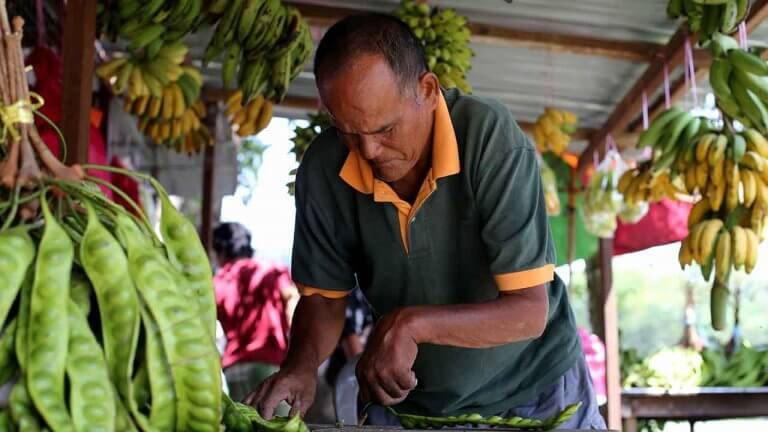The world is currently experiencing a deadly infectious disease caused by the severe acute respiratory syndrome coronavirus 2 (SARS-CoV-2), called Coronavirus disease 2019 (COVID-19). The outbreak of COVID-19 and the resultant Movement Control Order (MCO) took the heaviest toll on SMEs, mostly the Micro and Small (M&S) enterprises. This has disrupted the supply chain momentum as there are minimal operations by M&S enterprises. The disrupted supply chain was then unable to meet the demand for supplying the input goods required by M&S in producing final products. Thus, this led to a less-than-optimum production. Instead, it was only able to produce intermediate goods at the minimum level. The potential effect on M&S sales would be devastating. The decrease in sales and thus, revenue would restrict cash flow, especially to settle payment commitments to fixed costs such as rent, labour cost, and so on. The fear of defaulting on their payments may explain why many businesses will close completely. However, the current aid supplied has failed to show its ability to ensure meaningful SME continuity in Malaysia as studies conducted post-MCO1.0 found that a quarter of SMEs in Malaysia will decide to close their operations.
Institut MASA proposes several policy recommendations for a better recovery of Bumiputera M&S enterprises with the hope that the Bumiputera enterprises ecosystem could be saved and brought back stronger after the pandemic.




